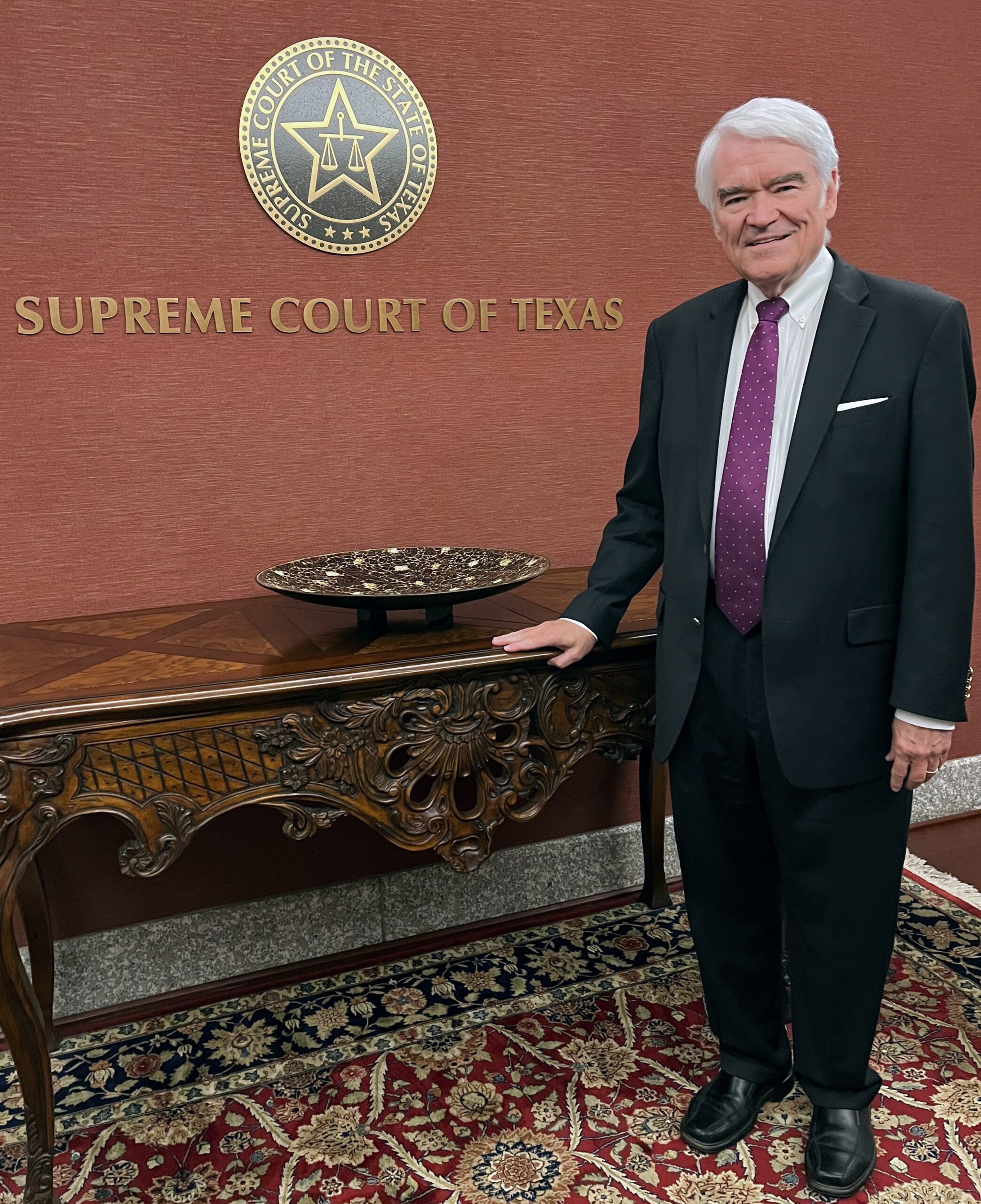Texas Supreme Court Hears Ex-SMU Law Prof’s Case
Cheryl Butler, a former Southern Methodist University law professor, sued the university and several former colleagues in 2016, bringing claims for defamation, fraud and conspiracy to defame. She appealed to the Fifth Circuit in January 2023, the same month U.S. District Judge Ada Brown dismissed her case with prejudice after agreeing that the Texas Commission on Human Rights Act preempted the claims. The Texas Supreme Court heard oral arguments Tuesday in the case that will determine whether Butler will be allowed to proceed with a defamation claim against her former coworkers, who she alleges played a role in her being denied tenure in 2016.

